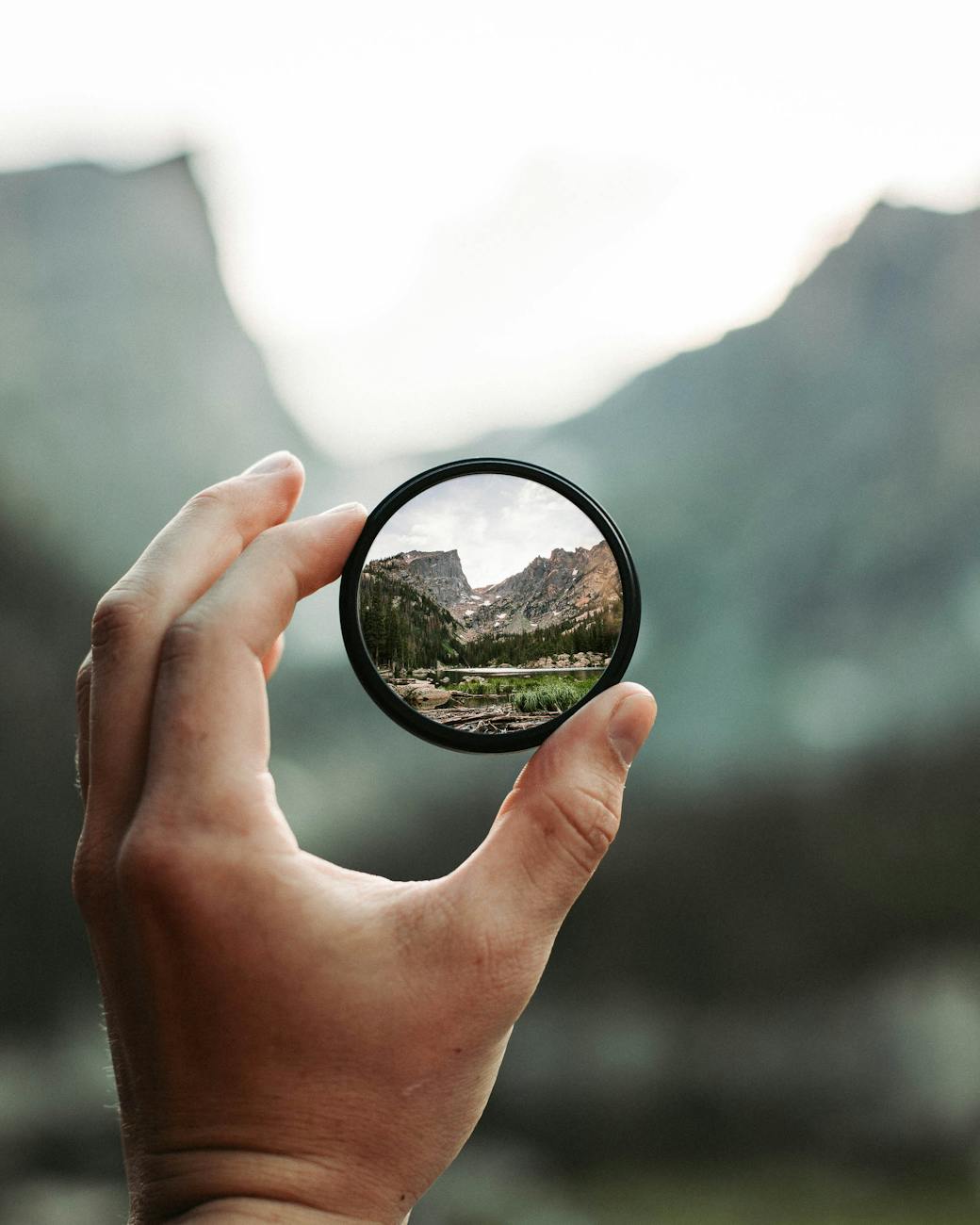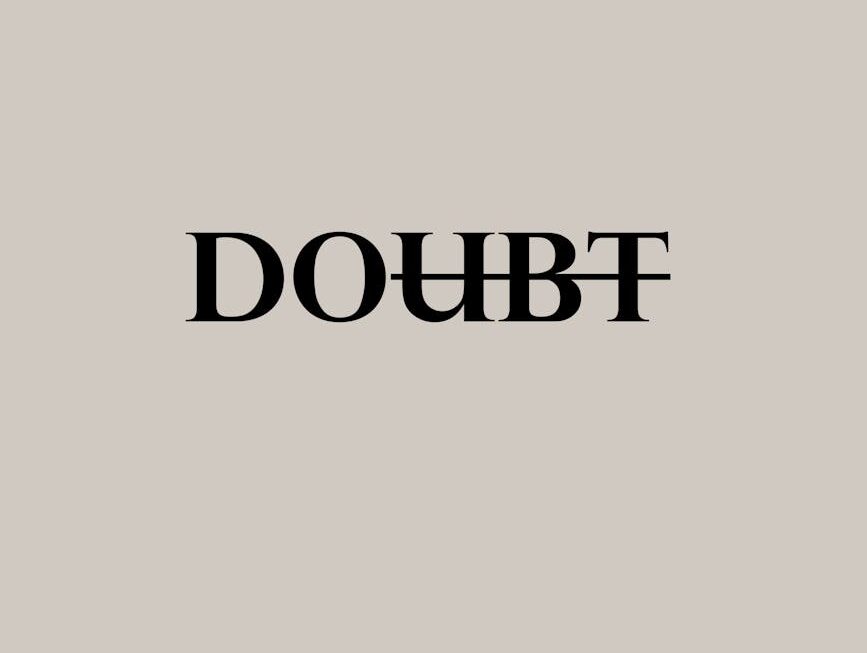Without getting too philosophical, I have found that spending my time investigating obscure curiosities is the best way to not get too involved with the problems of the present moment. One of the great paradoxes that exist within the human mind is that both the past and future. Neither actually exists within the present, yet both exist within the confines of our consciousness, unconsciousness, and subconsciousness.
It’s perhaps no surprise that I have done my very best to lead a life of inquiry. It’s also another paradox that my best life involves better understanding the obscure curiosities of the past in order to find ways to work on unorthodox ideas inspired by them to bring them into the future. So often, I feel that life is so chaotic and overwhelming that I can’t focus on anything. Often I feel stuck in a rut, unable to move forward. This is why even when it seems inopportune and inconvenient for me to do so, I’m always seeking out new information and knowledge, an omnivore of ideas, if you will.
I suppose there are benefits to being a self-proclaimed omnivore of ideas, as exploring a wide variety of sources can gain you a better understanding of the world in general. Constantly and consistently feeding your mind with new ideas can lead to increased creativity, mental agility, and emotional balance, although I wonder about that last one.
Those who are greatly fascinated by the more obscure and curious ideas that have somehow survived the annals of time, sometimes entirely by accident, were the ones who weren’t afraid to take their ideas to a conceptual level, even if they didn’t actually work, or turn out how they envisioned.
It’s actually OK to be curious, even when others try and discourage it to a great degree. I’m fortunate that my parents not only allowed me to be intensely curious, but also indulged my curiosity on many occasions, especially in the form of books.
The problem in the 21st century is so many of us lead overwhelmingly busy lives. It becomes a momentous task to find the time to step back and take in all the interesting things surrounding us.Fortunately, once you take the time to explore the things that captivate us, you discover that you’re not alone in your curiosity. The truth is, if you’re passionate about a certain subject, there are likely at least a few hundred other people that are hoping to find someone with those same interests.
Instead of getting overwhelmed with the current state of affairs in the global hubbub, I prefer to use my intense curiosity to investigate the obscure and unusual. From learning about new hobbies to exploring exotic cultures, and offbeat ideas, you can find countless opportunities to learn and grow.
By immersing yourself in these interesting topics, you shouldn’t aim to simply distract yourself from the stress of everyday life, which is what I feel most people do. Instead, use these intellectual journeys to open yourself up to new possibilities.Journeying through the unknown can feed your creativity, and unlock doors to potential opportunities.
Broaden your horizons. Become curiously inspired by the world around you. While giving into your curiosity can be daunting at first, you eventually need to just take the plunge. You never knowwhat amazing discoveries await you just beneath the surface of the obvious.
Don’t Get Bogged Down By the Details
Perhaps, it’s the fault of my neurodivergent brain, but it’s often much too easy for me to get bogged down by the details of certain misadventures undertaken through my sheer drive of curiosity. The world can be a difficult place to navigate at times for anyone, and the more intensely curious and sleuthing you are, the even more complex you realize the machinations that run the reality you experience truly are. Every moment brings with it the potential for new challenges. It can be hard to keep up in a universe that is always changing.
For those of us who are interested in discovering the unknown and exploring our curiosities, we can find it an incredibly rewarding experience. But, it’s also a challenging one, especially when we try and turn our curiosity to the object of finding solutions to current problems, especially many of them dilemmas both current and timeless.
But, it seems that there is an alternative approach: simply become an omnivore of ideas. Don’t worry so much about the details, but simply collect ideas that pique our interest. Try not to mind the details, the obvious flaws, or the logical missteps of a given idea. Look outside of your present situation, and understand the context in which an idea was created. Only when you begin to comprehend the seeds planted and influences that form an idea can you truly begin to turn these ideas into workable concepts.
Only through working with ideas and conceptualizing them can we begin to explore our own full potential. You must always be able to open up to new ways of thinking and more informed perspectives. Don’t limit yourself to a specific niche; learn about different fields and topics. Only through branching out into different fields can we become more aware of the interconnectedness of everything around us. Our understanding of anything can be explained by something we think is entirely unrelated until somehow we recognize that it is actually related, even if only tangentially.
By exploring our curiosities and investigating obscure topics, we can gain perspective and understanding on complex issues. Omnivores of ideas can become better problem-solvers and more open-minded individuals that those who are specialized in hyper-specific professions and niches. We are all much better off exploring our curiosities and quenching our thirst to investigate the unknown. Only then can we gain the valuable knowledge and perspective needed to create better solutions to the problems of the present.
Follow Your Curiosity and See Where It Leads You
It’s much too easy to become trapped in the same habits and routines. By the very nature of human being, we often rely on these patterns to reduce and attempt to even entirely avoid uncertainty. Even when we explore our own interests and passions, we often only do so within the boundaries of our individual comfort zones.
Although we may think we are opening ourselves up to new possibilities when we watch a documentary or read a magazine article on a subject we know little about, we still often don’t entirely appreciate the context in which those topics actually unfold. We observe as one does a giraffe in a zoo; we don’t actually understand what it means to be a giraffe or what it’s like to live among the giraffes.
Also, many of us believe that our own curiosities are unique to us. Sure, we might know people who root for the same sports team or play the same video games as us. But, each and every one of us seems to have our own particular way to enjoy these things. While there’s certainly some truth to the fact that each one of us enjoys slightly different flavors to our experiences, people have much more in common with their interests than they do differences.
Since the COVID pandemic left many people sitting at home, out of work, out of routine, there have been many people suddenly ready to try new things. Many people decided to turn what were once mere hobbies into their new careers. This happened because these folks realized that they were ready to find the gaps in their own knowledge, and those who are most successful recognized the value in sharing what they’ve learned with others.
Knowledge and skill building are key to being a successful person. While you’d think university supplies these important resources in abundance, they come in much more limited quantities and quality than you’d expect for the price tag. If anything, college educations seem to invite more staleness, prodding people to tow company lines in exchange for only modest salaries. At least, that’s what inevitably happens, even if that’s not the original intent.
Only by relating our experiences from things that we share interests in can we gain new insights. Unless we are consistently learning more about our own strengths and weaknesses in a given field or occupation, what are we really accomplishing? When it comes to problem solving, we can’t develop new skills or knowledge bases unless we first admit to ourselves what we really don’t understand.
Unfortunately, despite all of the information available at our fingertips, these gaps are often much more apparent than you’d expect in a great many areas. Fortunately, we can seek out others who can fill in these gaps, and sometimes, we can do so ourselves, giving us a perfect outlet for our creativity and curiosity.
Following your curiosity can be fulfilling and rewarding, but only if you dedicate yourself to not only working on ideas, but actually coming to conceptualize at least a few of them in practice.
~ Amelia Desertsong



